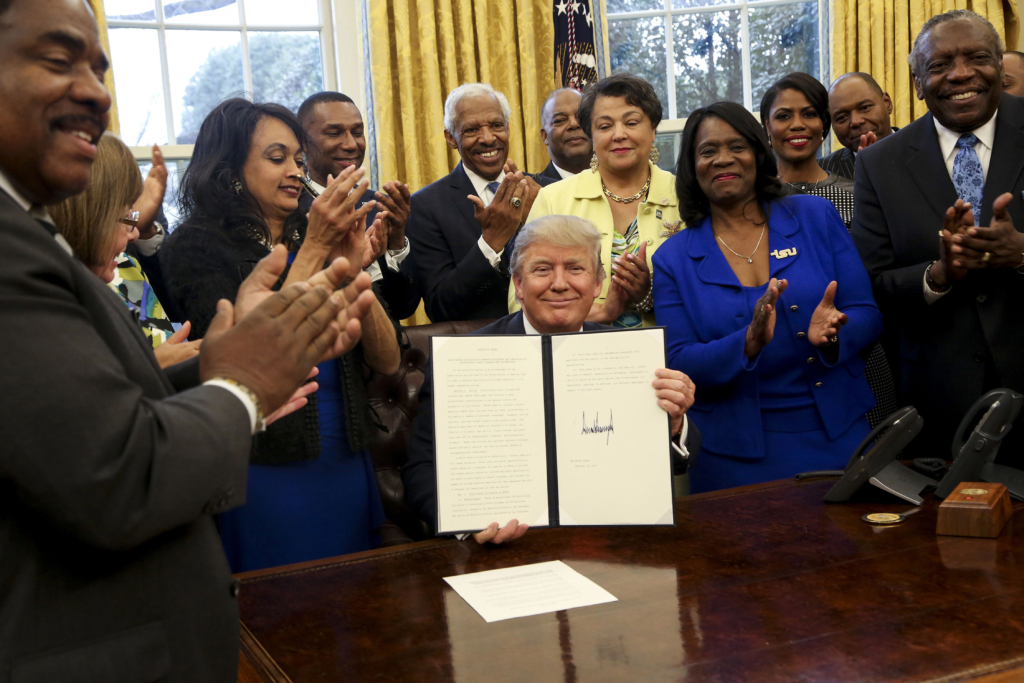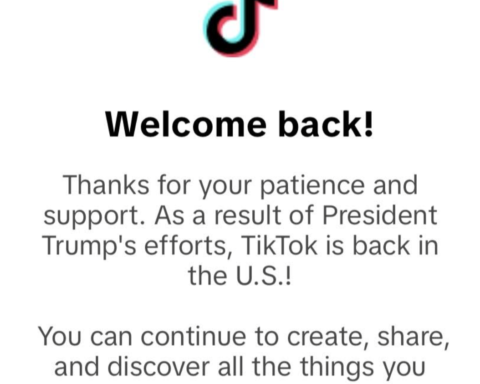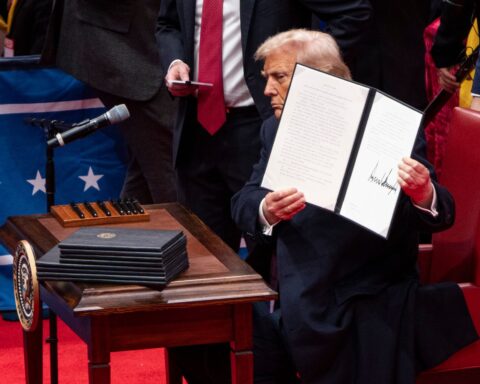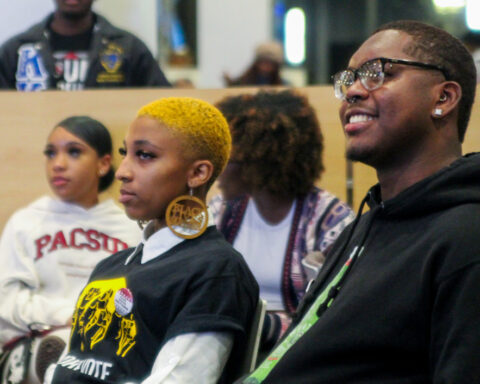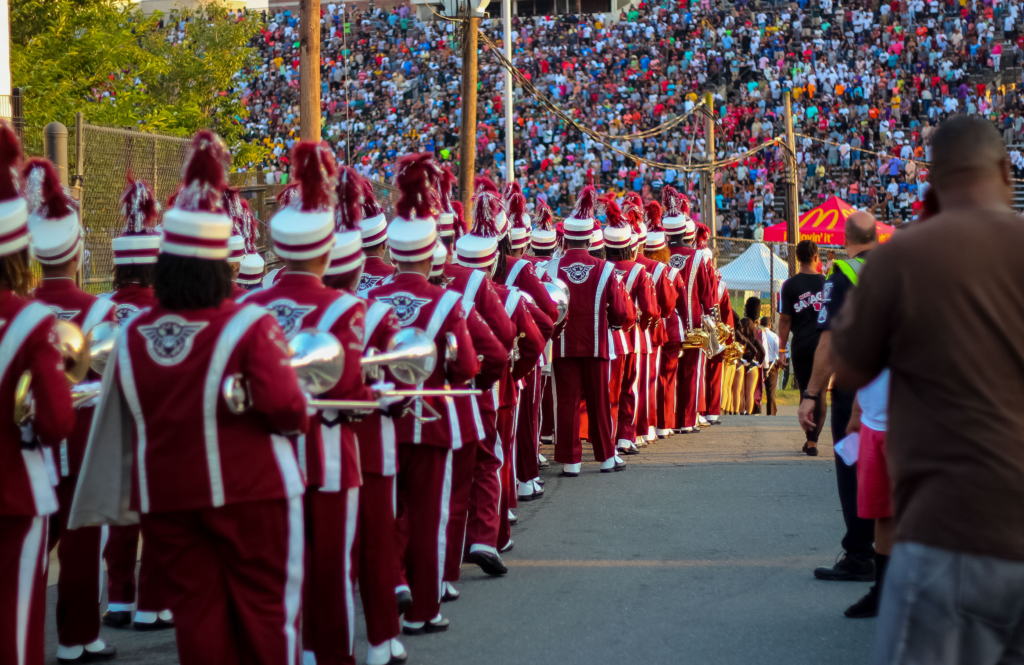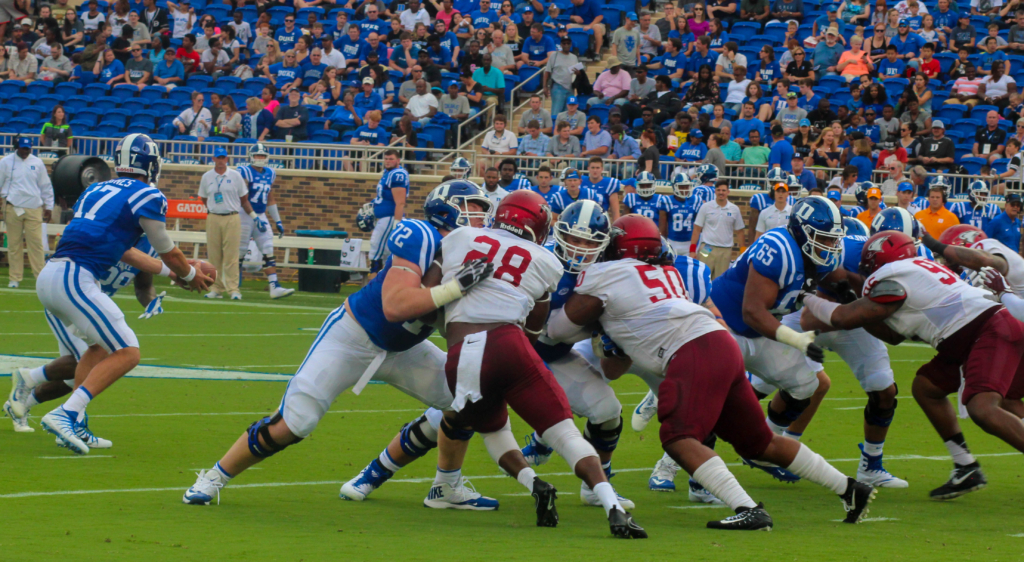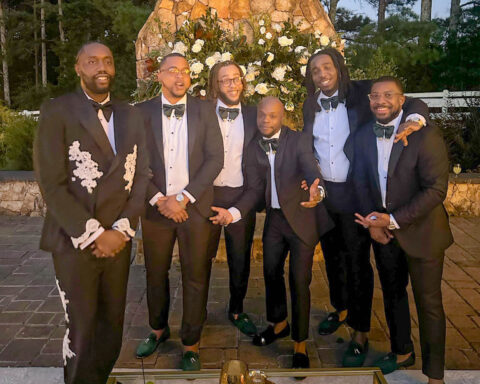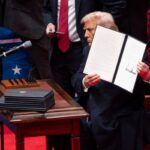The White House will not postpone a conference on historically-black colleges this month, rejecting calls from African-American lawmakers who said President Donald Trump should shelve the event after his comments about the fatal protest in Charlottesville, Va.
The Sept. 17-19 conference will go on as scheduled, Omarosa Manigault-Newman, director for communications for the White House’s Office of Public Liaison, said Tuesday.
“President Trump’s commitment to the HBCU community remains strong and unwavering,” Manigault-Newman said in a statement to McClatchy. “Registration is currently at capacity and we are looking forward to welcoming HBCU presidents, students and guests.”
In addition, Manigault-Newman said administration officials will make an announcement regarding the naming of an executive director for Trump’s HBCU Initiative.
Rep. Alma Adams, D-N.C., the first African-American lawmaker to call for Trump to postpone the conference, was still wary. The White House did not respond to her Aug. 1 letter seeking an update on Trump’s initiative. Nor did it get back to her after the president said “there’s blame on both sides” for the deadly Aug. 12 Charlottesville rally that was dominated by neo-Nazis and white supremacists.
Adams said Tuesday that instead of holding a conference next month, “It would be more productive to hear from the president directly or from his education secretary about what progress they are making on the HBCUs’ request before asking presidents to come back to Washington for another photo op.”
The 49-member Congressional Black Caucus on Monday called for a cancellation of the conference. All but one of the caucus members are Democrats.
CBC Chairman Cedric Richmond, D-La., said Trump’s Charlottesville remarks and his embrace of Confederate monuments show that he’s not serious about black colleges or reaching out to the African-American community. Richmond had no additional comment Tuesday.
Trump signed an executive order for the initiative in February with more than six dozen presidents and chancellors from the nation’s 100-plus historically black colleges and universities surrounding him.
The order’s chief aim was to move responsibility for HBCUs out of the Department of Education and into the White House with an executive director in charge.
Six months later, most of the HBCU portfolio is still at the Education Department and the executive director post remains vacant, leaving many African-American lawmakers and HBCU advocates to wonder whether Trump’s executive action was serious or just a photo op.

